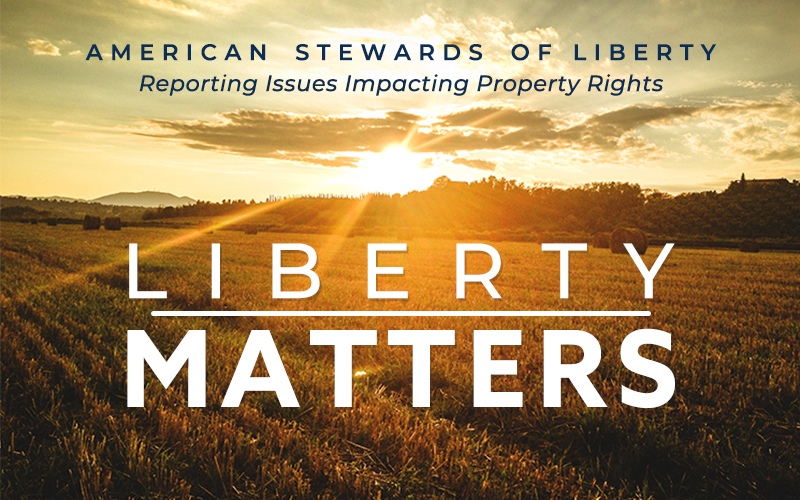The Case that May Restrict Administrative State?
On Wednesday, November 29th, the Supreme Court heard oral arguments in Securities Exchange Commission (SEC) v. Jarkesy. (https://www.supremecourt.gov/docket/docketfiles/html/public/22-859.html) This case challenges the abusive and unbridled administrative state and the power wielded by Administrative Law Judges (ALJs).
Nearly 2,000 ALJs work as “independent officials” within the executive branch who all preside over administrative hearings. A citizen challenging a federal agency’s decision for issues such as a permit dispute or perceived violation of a regulation must first go through the administrative process before the claim can be heard in a Federal Court.
This often takes years and considerable expense for the dispute to be resolved administratively. Attorneys and experts are contracted at the citizen’s expense. If, the administrative officer agrees with the citizen, then the issue is considered resolved and the case ends. It cannot advance to the Federal Courts regardless of how unjust the process has been. In reality, the agency often avoids facing any meaningful consequences while the citizen bears full expense of the defense and likely lost income while the issue is being resolved.
If instead the administrative officer sides with the government, the claim is considered “ripe” and can be heard in a Federal District Court. The result is that very few Americans can afford to defend themselves through this lengthy and expensive process. Often the agencies win by default as citizens can no longer bare the cost of the defense, bolstering the agency to continue bad policies with limited accountability.
Arguably, the process violates the Constitutional separation of powers. The administrative agency writes the regulation at issue, then enforces the regulation, and finally the administrative branch judges the regulation.
According to the Wall Street Journal, “at stake in SEC v. Jarkesy is a bedrock constitutional principle that colonists fought to defend in the American revolution: the right to a trial by jury.”
The interesting point of this case is the unbridled power given to the SEC in 2010 by the Dodd-Frank Act to seek penalties administratively against any individual for violating securities laws. According to the WSJ, “the Democrats at the time wanted to make it easier for the agency to punish misconduct.”
The SEC charged Mr. Jarkesy with securities fraud for allegedly inflating the value of fund assets, which the SEC said allowed him to earn higher management fees. An SEC Administrative Law Judge ruled against Mr. Jarkesy and six years later the SEC commissioners upheld the ruling and ordered him to pay a $300,000 penalty and barred him from the industry.
Mr. Jarkesy appealed to the Fifth Circuit Court of Appeals arguing the SEC violated his Seventh Amendment right to a trial by jury and that the tenure protections afforded ALJs from being removed for-cause violated the constitutional separation of powers. The Fifth Circuit agreed with Mr. Jarkesy on all counts.
Interestingly, the SEC argued the Seventh Amendment only applies when private, not public rights are at stake. Courts have historically exempted claims from the right to a jury if they involve public rights such as government-granted benefits and privileges. The SEC made a very twisted argument in Jarkesy explaining that public rights are at stake whenever the government sues on behalf of the “public’ to enforce laws.
But Mr. Jarkesy claims the SEC is seeking to deprive him of his right to a trial by jury – a right granted when an offense is committed against another private citizen. A jury trial in federal court ensures due process for defendants and protects against abuses of enforcement power.
Should the adjudication process for the SEC be overturned and perhaps eliminated, immediately others would use the precedent to challenge the constitutionality of every other federal agency’s use of the Administrative Law Judge authority and curtail or perhaps immensely reduce the power of the administrative enforcement state.
As the WSJ article so aptly states “Restoring the originalist interpretation of the Seventh Amendment would strengthen safeguards against tyrannical government.”





